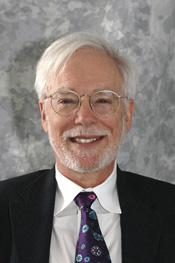Thursday, November 9, 2006 at 4:30 - 5:45 Lectures in ACES 2.302; 5:45 - 7 p.m. Private reception for invited guests.
The Visions of Computing Lecture Series has been created by the Department of Computer Sciences to highlight the excellence of its faculty and recognize their accomplishments. Its purpose is to provide public education about computer science, and to enhance the public appreciation of the stature of this department and its faculty.
Honors and Awards:
Doug Burger
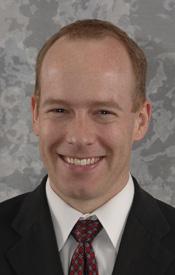
Citation: "For contributions to spatially distributed processor and memory systems architecture." Find out more about this award and the TRIPS microprocessor.
Doug Burger's Bio
Doug Burger is a Professor of Computer Sciences at The University of Texas at Austin. He is known for his work in computer architecture, including EDGE instruction sets, Non-Uniform Cache Architectures (NUCA caches), and the SimpleScalar simulation tools. He co-leads the TRIPS project at UT-Austin, which has developed a full silicon prototype of an advanced microprocessor architecture. He received an NSF CAREER Award in 2000, a Sloan Foundation Fellowship in 2002, the President's Associates Teaching Excellence Award in 2003, and the ACM Maurice Wilkes Award in 2006. He received his Ph.D. in Computer Sciences from The University of Wisconsin-Madison in 1998. Doug Burger's home page
Inderjit Dhillon (with his coauthor, Beresford Parlett)
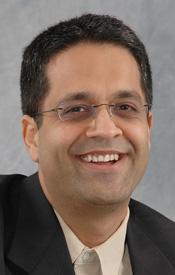
Citation: "This paper contains a beautiful analysis and exposition of how to compute orthogonal eigenvectors and is already starting to have a significant practical impact." Find out more about this award or Read the paper.
Inderjit Dhillon's Bio
Inderjit Dhillon is an Associate Professor of Computer Sciences at The University of Texas at Austin. His main research interests are in numerical analysis, data mining and machine learning. He is best known for his work on computational algorithms in these areas, in particular on eigenvalue computations, clustering, co-clustering and matrix approximations. Software based on his research on eigenvalue computations is now part of all state-of-the-art numerical software libraries. Inderjit received an NSF Career Award in 2001, a best paper award at the SIAM data mining conference in 2003, a University Research Excellence Award in 2005, and the SIAG/LA Prize in 2006. He received his B.Tech. degree from the Indian Institute of Technology at Bombay, and Ph.D. from the University of California at Berkeley. He is a member of the Association for Computing Machinery, the Institute of Electrical and Electronics Engineers, and the Society for Industrial and Applied Mathematics.
Robert Boyer, J Strother Moore and Matt Kaufmann
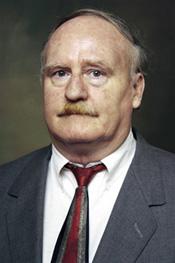
Citation: "For pioneering and engineering a most effective theorem prover (named the Boyer-Moore Theorem Prover) as a formal methods tool for verifying safety-critical hardware and software. Find out more about the award and ACL2.
Robert Boyer's Bio
Robert S. Boyer was born in 1946 and is now 60. He was graduated from King High School in 1964 in Kingsville, Texas, and was graduated from UT Austin in 1967 with a B. A. in mathematics. He is most proud of the fact that all three of his children are now 'doctors', in law, psychology, and medicine respectively. He's been a UT professor on and off since about 1981.
Matt Kaufmann's Bio
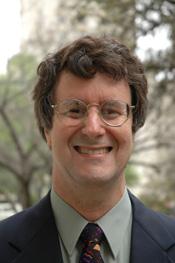
J Moore's Bio
